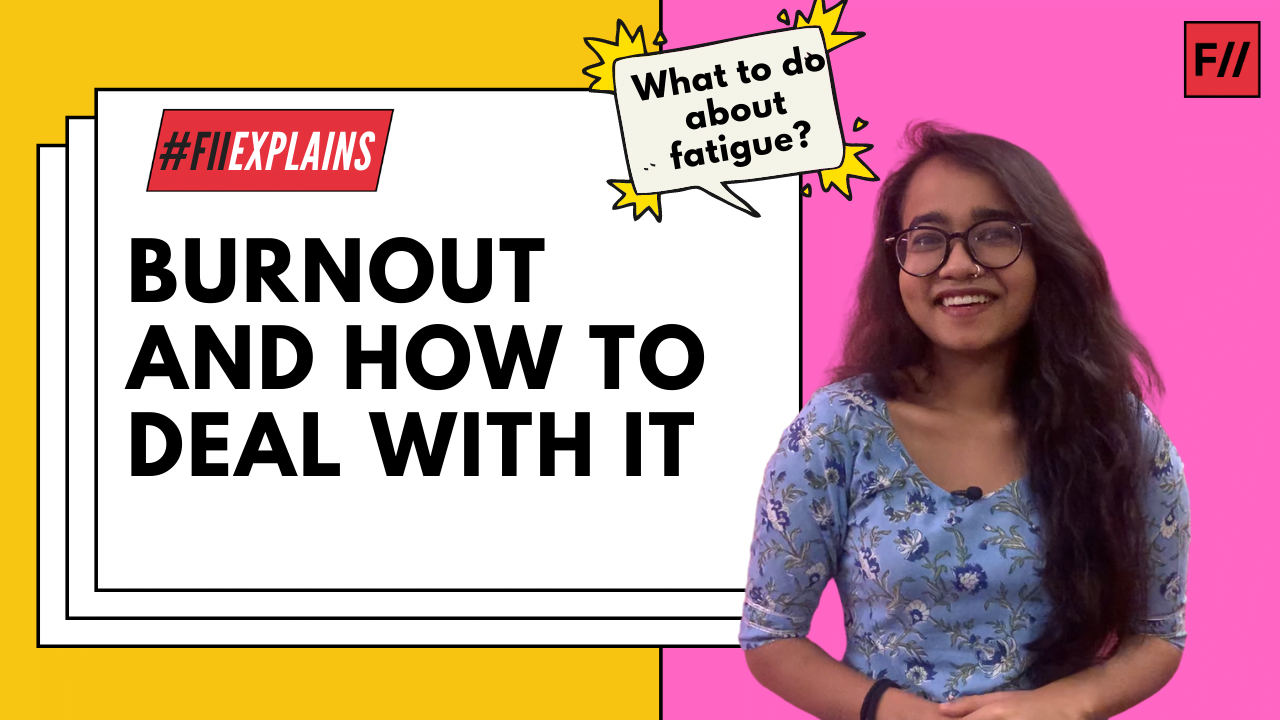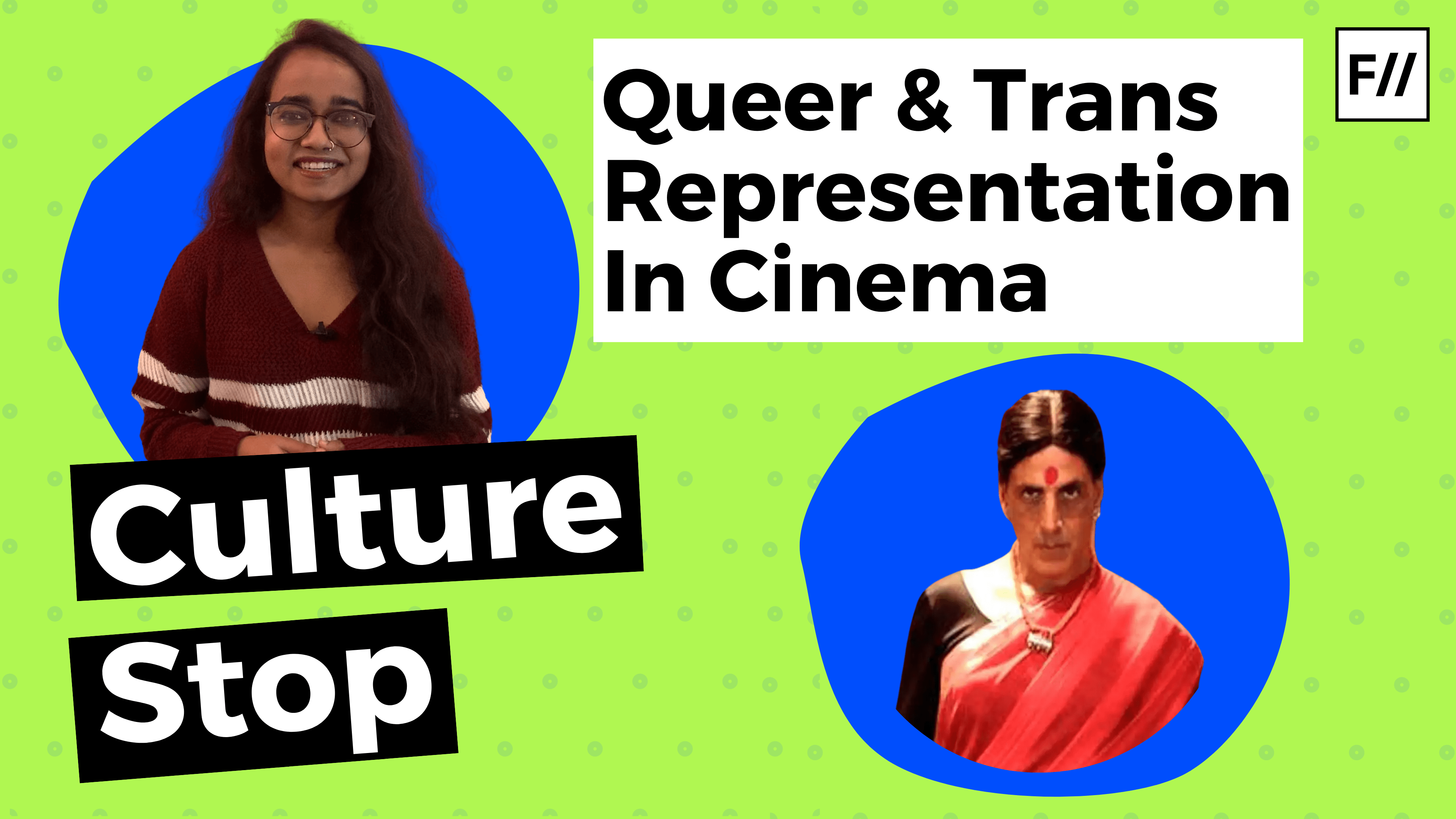The internet has changed our lives forever and in more ways than one. With all the comfort and connectivity, it also brings with it the dark side of rampant online harassment, cyber bullying and trolling that primarily goes unchecked; a side of the internet where people’s accounts are hacked into and their private lives displayed permanently on the internet without their permission, a side where news or gossip websites pick up ‘scandal’ after ‘scandal’ for clicks, with no regard for the privacy of the people involved and a side where users aren’t afraid to go to any lengths to mock someone mercilessly for their looks, their opinions, their sexual orientation or their lack of abilities because the anonymity of the internet gives them security.
Online harassment takes several forms, the common factor being the shame and humiliation the people involved are subjected to. The victims of such actions are most often women, members of the LGBT community, members of the lower caste, differently abled people and other minorities.
Now, even if we’re not generating this kind of content, we’re still the audience that is consuming it. As the virtual world becomes a bigger part of our lives, we’ve managed to create an environment so toxic and so devoid of compassion or empathy that we see these victims less as humans and more as content to be consumed and shared.
In this TED talk released in March 2015, Monica Lewinsky talks about what it was like to be subjected to ‘excruciating public humiliation’ worldwide by being part of one of the first news stories ever to break on the internet. In 1998, Ms. Lewinsky was 22 and working as an intern at the White House when Bill Clinton was president. The news of an affair between the two took the world by a storm and came to be popularly known as the ‘Lewinsky scandal’. Though it takes two to have an affair, it’s important to note that only the female involved is brought under scrutiny. The underlying misogyny that teaches us to instantly hate the ‘other woman’ is very apparent in that term. That Bill Clinton was older, in a position of power and the one who was married were factors completely ignored in the conversation around the issue.
This scandal coincided with the dawn of the digital revolution. She reminds us of the scale of slut-shaming and harassment that followed her for years and the devastating toll it took on her life. She explains how a decade later, the problem of online harassment has only multiplied several folds, often tragically taking several lives in the process. Watch the video to understand how we are perpetuating a ‘culture of humiliation’ just to cash in on someone else’s suffering without giving a second thought.
Even when we’re not part of the problem, it is important we become part of the solution by not being mere bystanders. According to the speaker, posting positive comments to neutralize the flood of negativity directed to a person, reporting harmful content and supporting organisations that help combat online harassment, will go a long way in putting an end to this ‘culture of humiliation’ we find ourselves in.
Featured Image Credit: The Eloquent Woman
About the author(s)
Sheryl is a science graduate who now wants to become a lawyer. Her interests include feminism in pop culture, cats and Netflix.




